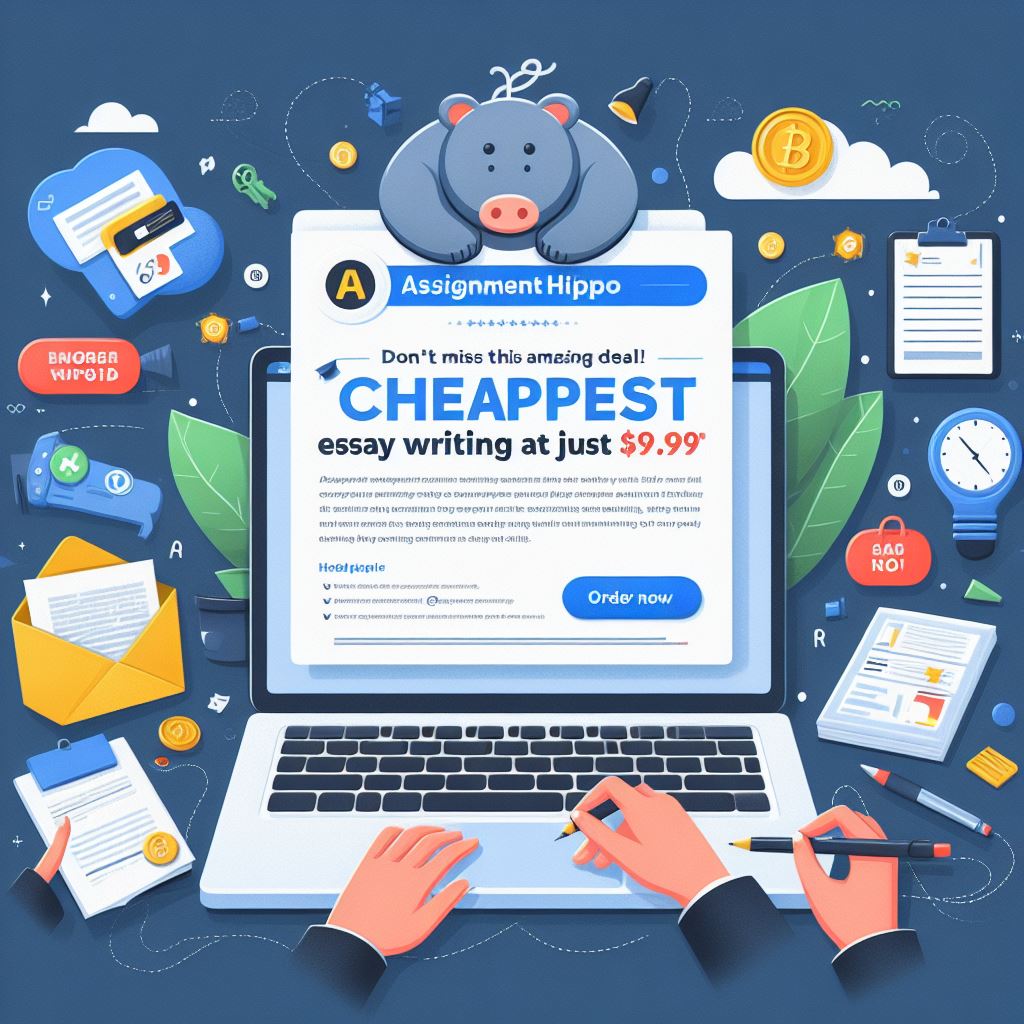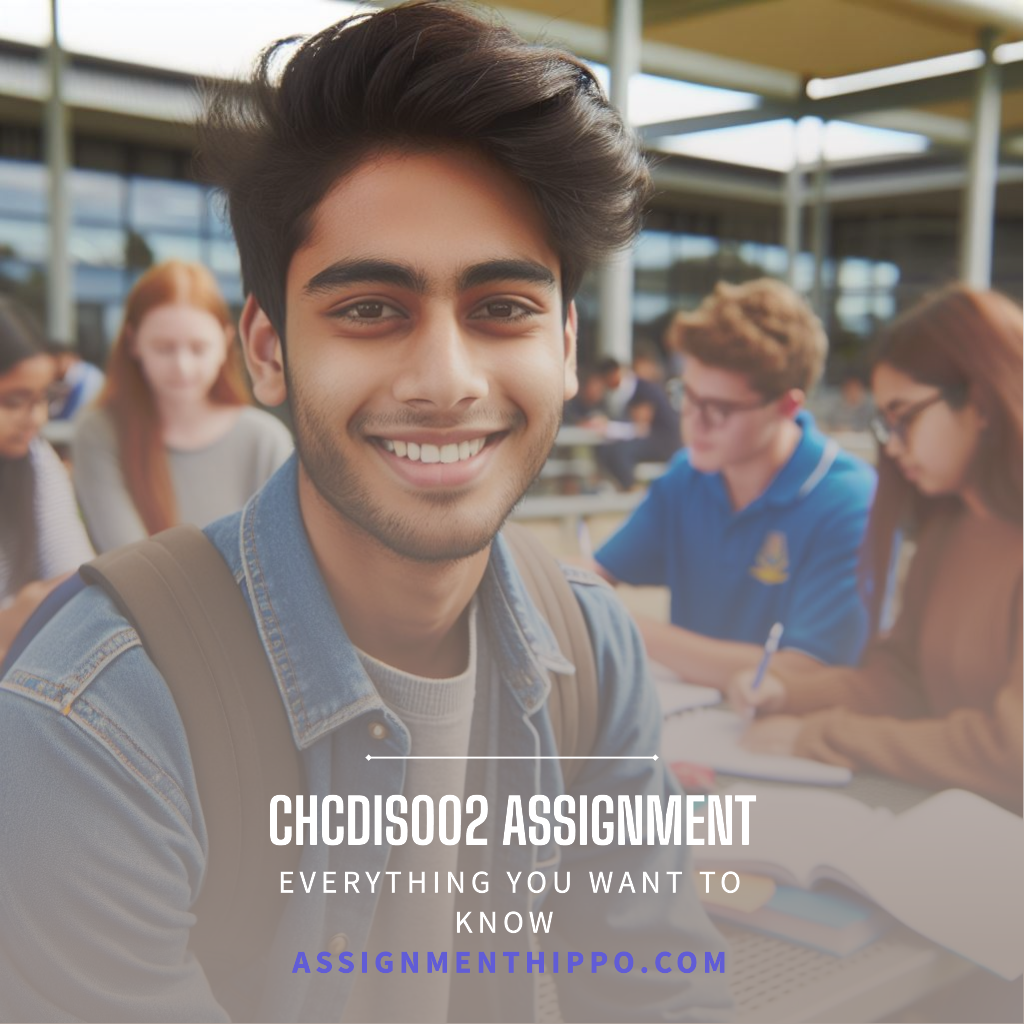Academic writing is an important part of university life, and even college entrance exams. It becomes especially important for foreign universities that have English as their first language. This is formal writing, judged by a university. The main purpose of academic writing is to understand the grip of a writer on a topic or to put forward the results of research. Different types of academic writing have their own set of rules which you need to know. They focus more on logic and reasoning rather than exploring the emotional aspects.
In academic writing, the main idea is for the evaluator to judge your critical thinking abilities and how clearly you can put forth your arguments. However, once you understand the idea of critical thinking, it is also important that you keep in mind the following idea: The more coherent it is, the easier it will be to understand the account.

Types of academic writing.
Descriptive
This is the simplest of all the kinds. It’s basically used when a writer has a point that they wish to theorize. It’s written in a way that the essay or paper forms a clear picture in the mind of the readers. The results or happening of the real event is to be noted down in the schematic form. It should be easy to understand with less complex sentences. The main aim is to convey knowledge clearly so that everyone gets the idea. No informal words should be used. This should not be in the form of conversation with the reader. Make a note of sensory details and use it wherever it fits best. Use correct punctuation wherever necessary. Keep it simple enough so that it is easy for readers to grasp the entire idea and content on one read itself.
Expository
Expository writing is less entertaining and more factual. It’s generally not about the ‘what’ but ‘how’ something works. It is written in third person format and the use of ‘I’ and ‘we’ should be limited. Such compositions must have details about the topic explained thoroughly in an objective way. It is imperative that the writer takes an objective approach when conducting this kind of writing. These types of passages are shortest and should deliver more information in fewer words. It may contain 3-4 paragraphs that include summarized ideas of the same topic, without deviating from the actual topic. It can start with an introductory paragraph and can go on to include as many as two to three paragraphs. It should end with a conclusion or summary that gives a complete description of the entire topic.
Persuasive
As the name suggests, these are essays that are supposed to convince and persuade the readers towards a particular stance over a topic. As the writer, you need to keep a strong point of view and cover the topic broadly. If you have the luxury of choosing the topic yourself, you should choose something that really interests you and you’re passionate about. These essays are generally written in arguments, where you choose one side of it and provide your views on the topic. They must be supported with logical reasoning and evidence. To make it more interesting, you can add the reason for the happening of the topic, way to preserve, tips that can help, etc. These things are bound to support your opinion. Keeping forward pros and cons is necessary, later writing more about your view will have a good impact on the reader. Research on the given topic becomes of utmost importance to be able to write both sides on the topic. Gathering all the possible arguments about your view on the topic should be a priority. Dividing the thesis into two to three parts namely introduction, conflicts, opinion, concluding paragraphs will have a wonderful impact on the readers.
Narrative
This kind of writing includes stories based on personal or imaginary experiences. It includes components such as characters that play a role in the story. Usually, there is a plot on which the story is being scribed. Description of each character in detail is a must. Have a clear picture of the whole story before you initiate writing. It can be written in first, second, or third person format. Choose one character that will narrate the story, which will be consistent, since you cannot change the point of view from which the story is written later. Let the story follow introduction with rising action, reaching the climax which is usually the turning point of the plot. Later the story call fall into action, ultimately reaching a conclusion.
Do follow the chronological order to avoid messing up the flow for the readers. Choosing one tense will be better, preferably past tense. Keep in mind that a story without any kind of motive tends to appear less interesting to all the readers. Make sure you give some useful messages that will help the reader to learn something. Introduction can include naming, timing, and places of the characters. There can be paragraphs following later, which have descriptive parts making it more interesting. You can add a twist either in the middle of the plot or at the end to resolve complications. You can terminate the story with a question to leave the reader curious. Using too much of dialogue might confuse the audience. Using high vocabulary is good to an extent, yet you should draw a dime line between using and overusing the words.
You need to master all these kinds of academic writing to ensure you do not have trouble whenever encountered with an assignment or opportunity.
Important points to focus on:
Specifications
Stick to the point, on which the main topic focuses. Know who the targeted audience is and write keeping that thought in mind. Eliminate any unnecessary words. Let quality take the limelight. Keeping in mind the word limit, work accordingly. Example: Do not use heavy adjectives if the reader is a child.
Planning
Have the skeleton of the narrative ready before you begin to weave it into words. Arrange the ideas in a logical order so as to enable the readers to make sense out of them. Think of the place where you are supposed to use the lines. Having an idea of the paragraph headers beforehand becomes a need. Research thoroughly over the subject to be able to write on it easily. You will lack words if the research is not up to the mark. Make sure you are answering all the questions that the prompt is asking.
Language
When completing an academic writing assignment, it is a good idea to have a technical approach to writing. Using formal tone and words can help. Keep in mind that you are not confusing rude language with formal tone. Adding in a personal experience or reference in the essay would not prove helpful. Terminology should match with the type of subject you are dealing with. You should have a bunch of phrases and words ready with you before approaching the subject. Avoid using idioms. Find a formal alternative to the colloquial word, depending on the sentence.
Example: Using ‘cannot’ instead of can’t. The former sounds more formal while the latter is informal.
Balancing both objectives
Unless you are writing a persuasive piece, it is imperative for you to balance both the aspects of a topic. Many times, the students end up explaining only one side of the point, but the essay demands a clear explanation of both the sides. You should also offer valid evidence to support your arguments and points. Choose one side and do not shift to the other side soon after. Be by the same side once you start explaining one side. Be clear about your stance but provide at least offer some information on the other side as well.
Reference
Referencing is an important part of academic writing, and usually something that the students tend to struggle with. If the words are quoted, make sure you use them without any modifications enclosed into inverted commas. Do not let personal emotions affect the facts and evidence. It becomes a prime priority to support valid evidence to the matter and your arguments. Strong supportive evidence will have an impressive impression. Avoid personal statements and emotional language, to objectify the thesis. This will require additional knowledge of all the topics that are expected in the assignment or the project.
An Example:
Essay
Introduction: This part entails giving a brief picture to the readers of what you will be writing about. This is not usually lengthy as the main body is following the plot. This can be an introduction about how the characters will work, who the characters are, what the topic is, etc. If writing on facts, then explain the topic briefly. Give background knowledge about the topic. This part includes the most important information about the subject.
Body: The main descriptive area, where the actual story you have been researching about should be explained and your most important points should be put forth. This is the most extended part of the thesis. Every fact that needs to be mentioned should be put into words and dressed well to appear good. Prioritize the passages according to their importance. The most important ones should be written earlier followed by less important ones.
Conclusion: A short summary concluding the whole topic in concise language. This is an equally important part but usually not valued much by students. Doing so would be a mistake. If time management becomes an issue, it can be thought of after the main body. The conclusion should be the shortest part of the blog.
Tips to know about academic writing:
- Vocabulary: Improving your knowledge of words is the first and most important step towards quality writing. The skill of using the appropriate words in the sentence that can clearly express your idea comes with practice. This will not happen overnight. Continued efforts should be put in. Knowing a different word each day might help you. Playing games that boost vocabulary is another way to walk on the path.
- Being familiar with formal tone will not need extra effort while writing. Interacting with teachers or school staff frequently will help you develop this skill. Listening to good speeches and reading research papers can add more to it.
- Do not try to translate from your mother tongue. Word-to-word translation can make your writing and content a bit difficult to understand for native English speakers. Understand the overall meaning of the line, and then think of the content.
- Start thinking in the language you are writing. This is one of the best ways to master the language. You will find it difficult initially but it should not take much time to become habitual to it.
- Being grammatically correct is important. High vocabulary and quality does not come in handy if the grammar is poor. English with no errors is important. The structure of the tale matters too. There will be no sense putting all the words together without making a sound meaning out of it. Weaving accurate English is more important than showing off complicated, inaccurate English. Having less word count and high language quality is what you should look for.
- Hearing good English via movies, podcasts can really help you develop a good vocabulary.
- Quality reading is as important as writing. You will not understand how to approach unless you have not read the approach beforehand.
- Develop a habit of writing. If you’re preparing for an exam, practice with the same environment as that of the exam with word limits in the specific time allotted to you. Many students find it difficult to reach the word limit where time becomes a hurdle.
- Time management: Start from that part of the plot about which you have maximum evidence and know its background. Prepare a draft beforehand, not necessarily it should be in a sequence you can arrange that alter.
- There are already a large number of complicated terms in academic writing. Using simple words will have an effective appearance.
- Check your article before submitting. Many students submit articles with mistakes, due to lack of time. Keep separate times where you will check your story, no matter if you are done with the whole thing or not. Be your own proofreader. It’s better to write less and check more.


